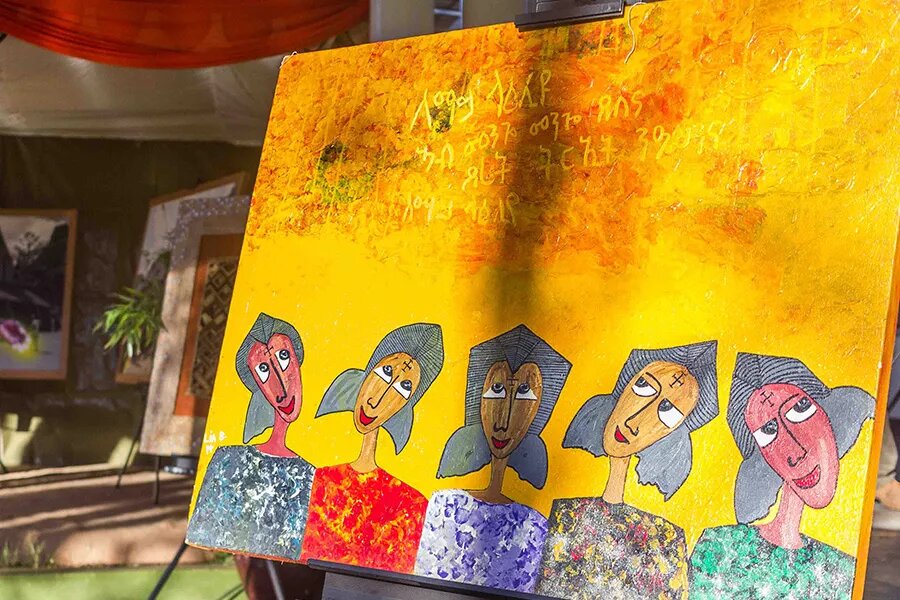
Are sexual minority rights, human rights? This was the question that lingered in everybody’s mind at the recently concluded Gender Forum in Mombasa. The forum was held against the backdrop of a Mombasa court ruling that dismissed arguments that the practice of anal examination is degrading and amounts to torture and-by extension a violation of one’s rights. In this regard, it upheld using anal examination to determine a suspect’s sexual orientation. The objective of the forum was to explore the interrelatedness of LGBTI advocacy and other fields of human rights advocacy. The forum brought together various practitioners to discuss the obstacles and opportunities to collective advocacy as well as lessons that can be drawn from the experience of the litigation.
Attention to sexual minority rights has increased with significant impetus from the international and national community. Internationally, there has been a push from organisations such as the UN agencies, the OSCE (The Organization for Security and Co-operation in Europe), the Council of Europe and the Helsinki Convention. At the national level, The Kenya Human Rights Commission, and GALCK (Gay and Lesbian Coalition of Kenya - advocates for legal and policy reforms), The National Gay and Lesbian Human Rights Commission (NGLHRC), are among the few that actively push for the rights of sexual minorities. While it can be argued that there is progress with regard to dialogue on issues of sexual minorities, several challenges still abound. The realisation that little has been done to improve the marginalisation of sexual minorities was evident from the lively and constructive discussion at the forum. For example, it proved to be the case that sexual minorities still face pervasive societal discrimination. At the level of the community, sexual minorities are subject to sanctioning through local norms and values. At the broader-national level, sexual minorities’ rights are undermined in law-where their rights are not taken into account.
The crux of the discussion was that the politics of sexual minority rights is complex and sensitive. When sexual minority rights are framed within the human rights discourse, it re-lives historical tensions between universality and particularity. In one argument, human rights are promoted as universal norms, an understanding which is at variance with, sexuality being understood in the context of particular-as that which is shaped by local socio-cultural norms. For example in Kenya, same sex has been understood on misguided notions of inappropriate Western practices that corrupt local culture. This understanding draws from ideas of cultural fixity and purity, which obscure the observation that sexuality is fluid (in the anthropological sense that takes into account what humans say, think, and believe about sexuality, in this case) and constantly evolving. Perceptions on sexuality are shaped and reshaped by changes in behaviour, values and thoughts. The challenge for human rights practitioners remains on how to promote and protect the rights of sexual minorities in contexts where local norms prevail
The politics of sexual minority rights are also sensitive because few want to engage in the discussion of oppression, in either private or public spaces. The relative difficulty in mobilizing participants at this specific Gender Forum is a relatable illustration of this reluctance. From a sociological perspective, the reasons people shy away from discussions about sexuality are varied. The reasons include socio-cultural perspectives that shape sexuality as a personal decision or a socio-cultural context that endorses the ‘othering’ of sexual minorities. It can be argued that the process of ‘othering’ underpins the way in which societies establish identity categories. In this regard, othering creates a dichotomy of ‘us versus them’ as a social order with differentiating power (idea by Zygmunt Bauman). For example, it emerged in the forum that same sex is perceived as something that is practiced by ‘others’ who defy the 'African culture'. One participant argued that same sex was an act that could be taught to school children and by implication, could be learned. In this argument, the participant perceived same sex as different and a practice to be nurtured. In this regard, same sex is perceived as an unnatural act, whereas heterosexuality is deemed as normal. Audience discussions, made it clear that social identities not only shape the politics of inclusion and exclusion, but are an indication of an established order - a system. This system is what is used to justify ‘exclusion’ of sexual minorities and few people are prepared to question or challenge the status quo and the powers that sustain it.
Understanding sexual minority rights as human rights means upholding the notion that rights should be accorded to all human beings irrespective of their: gender, race, sexual orientation, political opinion, or religious affiliation. Framing sexual minority rights as human rights is necessary, if the rights of sexual minorities are to be upheld. A useful approach to rights advocacy is appreciating that sexuality is embedded in a socio-cultural context that shapes wider systems of control. Therefore it is imperative to understand how sexual minority rights are embedded in a socio-cultural context. That to advocate for sexual minority rights, it is imperative to understand its ‘embeddedness’ in socio-cultural context. This insight would allow human rights practitioners to better analyse the ways rights processes operate, or do not operate, in a given context. We live in a world where we find ourselves in a situation where framing sexual minority rights as human rights is necessary, if the rights of sexual minorities are to be upheld.
Authored by Wendy Okolo, Gender Democracy Program Coordinator.
